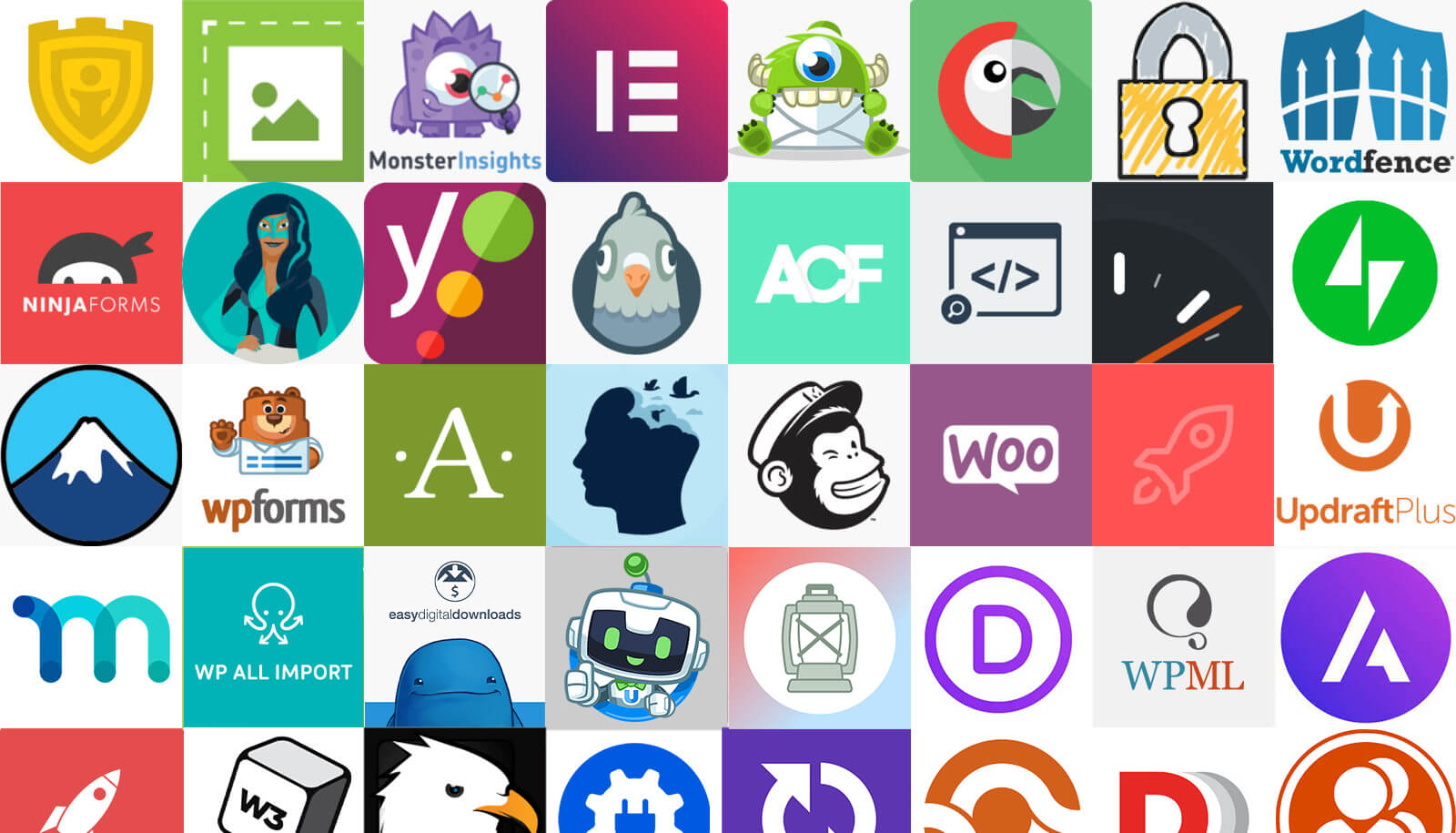
What are plugins? Plugins are small software components that add specific features or functionalities to larger software applications. They allow users to customize and enhance their software experience without altering the core program. Think of them as add-ons or extensions that can be easily installed and removed. For example, web browsers like Chrome and Firefox use plugins to enable features like ad-blocking, video playback, or enhanced security. Why are plugins important? They offer flexibility, improve productivity, and can be tailored to meet individual needs. Whether you're a gamer, a web developer, or just someone looking to boost your software's capabilities, plugins can make a big difference.
Key Takeaways:
- Plugins are like add-ons for computer programs, making them more powerful and versatile. They can do things like improve website speed, protect from hackers, and even translate content into different languages.
- Developing plugins is a creative and challenging process. It involves open-source collaboration, rigorous testing, and regular updates to ensure they work well and stay secure.
What Are Plugins?
Plugins are software components that add specific features to an existing computer program. They allow customization and enhance functionality without altering the core program. Here are some fascinating facts about plugins:
-
Origin: The concept of plugins dates back to the 1970s when they were used in early text editors and word processors.
-
Versatility: Plugins can be used in various applications, including web browsers, audio editing software, and content management systems.
-
Web Browsers: Popular web browsers like Chrome and Firefox support plugins to extend their capabilities, such as ad blockers and password managers.
-
WordPress: WordPress, a leading content management system, has over 58,000 plugins available, allowing users to add features like SEO tools, contact forms, and e-commerce functionality.
-
Security Risks: While plugins enhance functionality, they can also pose security risks if not regularly updated or if they come from untrusted sources.
-
Audio Editing: In audio editing software like Audacity, plugins can add effects, filters, and other audio processing tools.
-
Gaming: Many video games support plugins or mods, allowing players to customize their gaming experience with new levels, characters, and features.
-
Browser Extensions: Browser plugins, also known as extensions, can improve productivity by integrating tools like Grammarly for grammar checking or LastPass for password management.
-
Development: Creating a plugin often requires knowledge of the host application's API (Application Programming Interface).
-
Compatibility: Not all plugins are compatible with every version of the host software, so users must ensure they are using the correct versions.
Popular Plugin Categories
Plugins come in various categories, each serving different purposes. Here are some of the most popular ones:
-
SEO Plugins: These help improve a website's search engine ranking by optimizing content, keywords, and meta tags.
-
Security Plugins: Designed to protect websites from malware, hacking attempts, and other security threats.
-
Performance Plugins: These enhance the speed and performance of websites by optimizing images, caching content, and minimizing code.
-
Social Media Plugins: Allow easy sharing of content on social media platforms and can display social media feeds on websites.
-
E-commerce Plugins: Transform websites into online stores by adding shopping carts, payment gateways, and inventory management.
-
Backup Plugins: Automatically create backups of website data to prevent loss in case of server failure or hacking.
-
Analytics Plugins: Provide insights into website traffic, user behavior, and other important metrics.
-
Form Plugins: Enable the creation of custom forms for contact, surveys, and other purposes.
-
Gallery Plugins: Enhance the display of images and videos in attractive galleries and slideshows.
-
Translation Plugins: Allow websites to offer content in multiple languages, reaching a broader audience.
Interesting Facts About Plugin Development
Developing plugins can be both challenging and rewarding. Here are some intriguing facts about the process:
-
Open Source: Many plugins are open-source, allowing developers to modify and improve them.
-
Community Support: Plugin developers often rely on community feedback and support to identify bugs and add new features.
-
Monetization: Some developers monetize their plugins by offering premium versions with additional features.
-
Frameworks: Popular frameworks like React and Angular can be used to develop plugins for web applications.
-
Testing: Rigorous testing is essential to ensure plugins work seamlessly with the host application and do not introduce bugs.
-
Documentation: Comprehensive documentation helps users understand how to install, configure, and use plugins effectively.
-
Updates: Regular updates are crucial to maintain compatibility with the host application and address security vulnerabilities.
-
User Interface: A well-designed user interface makes plugins more accessible and easier to use.
-
Innovation: Plugin development fosters innovation by allowing developers to create new features and functionalities that enhance the user experience.
Final Thoughts on Plugins
Plugins are game-changers for enhancing website functionality. They can transform a basic site into a dynamic, interactive experience. From SEO optimization to security enhancements, plugins offer a wide range of benefits. However, it's crucial to choose wisely. Not all plugins are created equal; some can slow down your site or even pose security risks. Always check reviews, ratings, and compatibility with your existing setup. Regular updates are essential to keep everything running smoothly. And remember, less is often more. Too many plugins can clutter your site and make it harder to manage. Stick to what you need and keep things streamlined. With the right plugins, your website can reach new heights, offering visitors a seamless and engaging experience. Happy plugin hunting!
Frequently Asked Questions
Was this page helpful?
Our commitment to delivering trustworthy and engaging content is at the heart of what we do. Each fact on our site is contributed by real users like you, bringing a wealth of diverse insights and information. To ensure the highest standards of accuracy and reliability, our dedicated editors meticulously review each submission. This process guarantees that the facts we share are not only fascinating but also credible. Trust in our commitment to quality and authenticity as you explore and learn with us.


